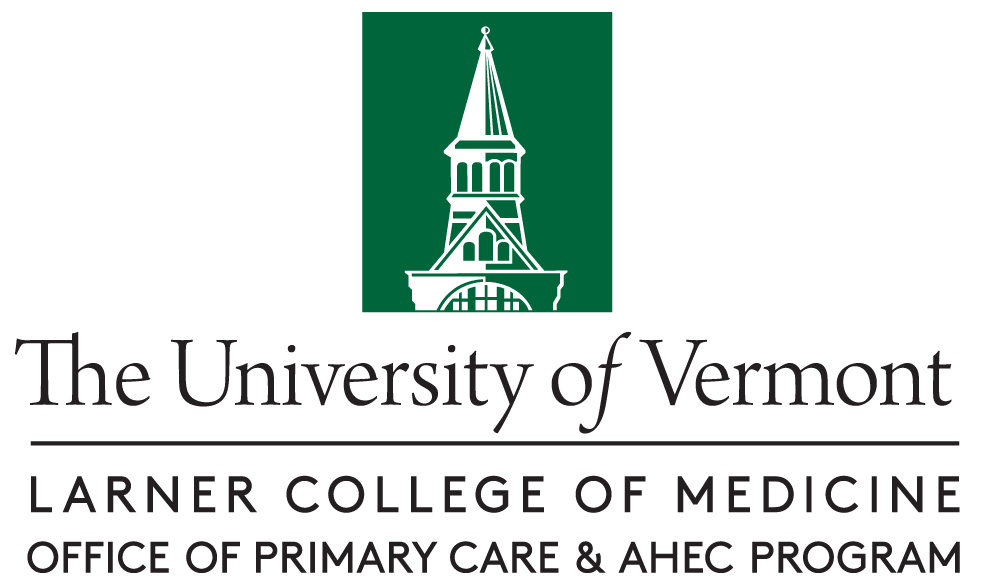
UVM AHEC
Document Type
Poster
Publication Date
2024
Focus Area
Medical Practice Transformation
Abstract
Effective communication with patients with LEP is a significant challenge in healthcare, often leading to poor health outcomes and patient dissatisfaction. This study aims to assess healthcare providers' confidence and practices in using patient letters to communicate with patients with LEP, enhance communication strategies, and improve health outcomes for patients with LEP.
A cross-sectional survey was conducted using REDCap to collect both quantitative and qualitative data from healthcare providers. The survey included questions on demographics, physician confidence, communication practices, and challenges. Data analysis was performed using GraphPad Prism software v10, employing paired t-tests to compare confidence and evaluation levels across different demographics and practice settings.
The study took place at the University of Vermont Medical Center (UVMMC), covering primary care and various subspecialties. Healthcare providers within UVMMC were surveyed, resulting in a response rate of 46 out of 252 invited participants (18.25%). The sample included providers with diverse backgrounds in gender, experience, department, and technological expertise. Data were gathered through a structured REDCap survey.
The primary outcome measures were providers' self-reported confidence levels in using letters to communicate with LEP patients and ensuring patient comprehension. Secondary measures included identifying common challenges and preferred communication methods with LEP patients.
The study revealed significant gaps in healthcare providers' familiarity and confidence when using patient letters to communicate with LEP patients. Confidence levels were notably lower when addressing LEP patients compared to the general patient population, regardless of how often providers interacted with LEP patients. Providers cited difficulties in patient comprehension, time constraints, limited cultural understanding, and lack of access.
The findings suggest a need for improved training, resources, and formal communication strategies to boost provider confidence and effectiveness in communicating with LEP patients. Addressing these challenges and utilizing specific communication methods can lead to better patient outcomes and increased satisfaction.
Creative Commons License

This work is licensed under a Creative Commons Attribution 4.0 International License.
Recommended Citation
Wu, Garrett; Chen, Jonathan; Sandoval, Marie MD; and Maloney, Sean MD, "Enhancing Provider Confidence in Communicating with Patients with Limited English Proficiency (LEP) through Patient Letters" (2024). UVM AHEC. 17.
https://scholarworks.uvm.edu/uvmahec/17


Comments
Poster presented by Garrett Wu at The North American Primary Care Research Group (NAPCRG) annual meeting on Nov 20, 2024 in Quebec City, Canada.